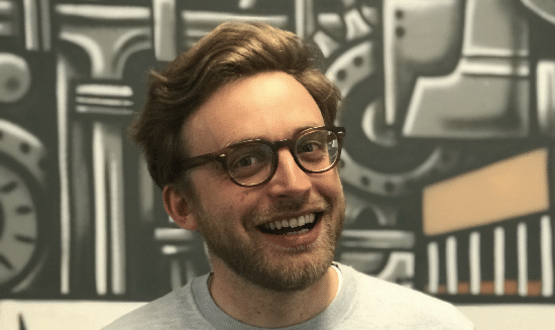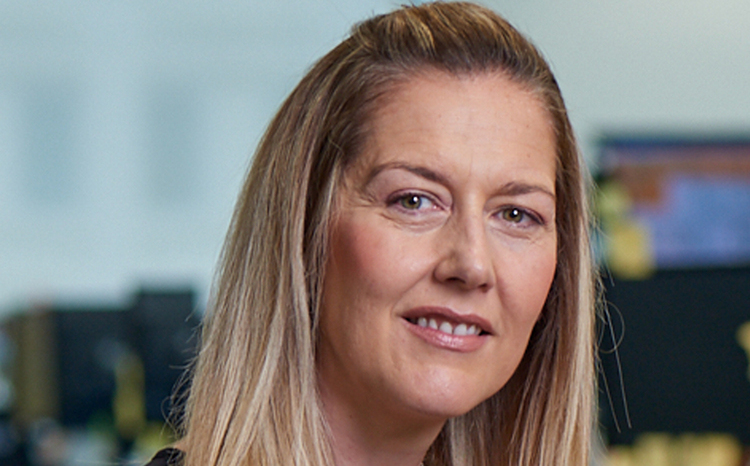DrDoctor CEO has high hopes for post-Covid innovation
- 9 July 2020

The CEO of DrDoctor has said he hopes the drive for innovation across the health service will continue post Covid-19.
Tom Whicher spoke to Digital Health News about how the digital health start-up has responded during the coronavirus pandemic.
The DrDocotor team have mixed together some of their software to create an AI algorithm that assesses the patient’s urgency with a traffic light scoring system, giving a green, amber or a red score.
Whicher believes that if every hospital in the country adopted his technology, the time needed to get through the backlog of appointments would be dramatically reduced from four years to ten months.
Clinicians and hospital staff also have the assurance of knowing that there is “clinician making the decision”.
When the Covid-19 virus hit the UK, DrDoctor sprang into action and set about trying to help on the front-line. This included launching a free Covid-19 toolkit for NHS trusts in April 2020.
Whicher said he saw an attitude of “we can’t keep doing what we are doing” among healthcare teams as digital health plans were “pushed forward by five years”.
Looking beyond Covid-19, Whicher said he was hopeful that the acceleration of digital services in healthcare will continue.
“I think there is a risk that people are going to be stressed going through the backlog and will end up going back to the way they were always doing things,” he added.
“However my hope and my instinct is that people know have that experience of what it can be like and won’t want to go back.
“So I believe innovation will continue.”
Whicher will be discussing how technology should be used to ease the backlog of appointments caused by the Covid-19 pandemic further in the next edition of the Digital Health Unplugged Podcast. The podcast will be published on 14 July on Spotify, iTunes, Apple Podcasts and on Digital Health News.





1 Comments
As a member of the public.
For some years i have been part of 2 trials at Imperial Trust, long term visual impairment and am now at the receiving end of cancer treatment. Previous to yesterday the system worked well. Appointments were made and kept. If you failed to attend Without changing you appointment then you were referred back to your GP , having to start procedures again. Yesterday i received a DrDoctor message which was muddled to say the least. I tried on line to get clarification But the system did not recognise my details. In the middle of the night i woke up realising how i could circumvent the problem and gained access.
Then i got the full story if my next 3 appointments. I only hope they are accurate. There wasn’t an obvious way of confirming this The phone number given was for emergencies only. Yes texting is useful but this system is muddled and unnecesarily verbose. There is the problem of my data being used by a commercial company. Tech people need to realise that sick people are sick and not necessarily tech savvy. Why not cut all the words and simply use the existing system with texts which are useful?
Comments are closed.